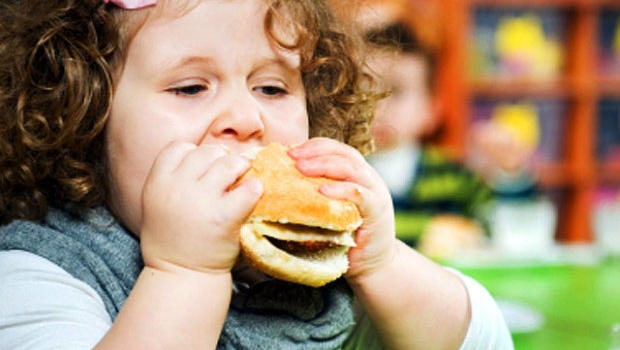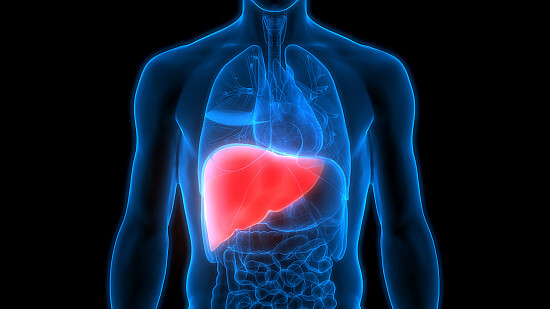Children inherit obesity from parents: study
Tue 21 Feb 2017, 11:33:36

Parents, take note! Up to 40 per cent of your child's body-mass index may be inherited from you, according to a new study which suggests that more than half of a kid's tendency towards obesity is determined by genetics and family environment.For the most obese children, the proportion rises to 55-60 per cent, researchers said.
The study, led by the University of Sussex in the UK, used data on the heights and weights of 100,000 children and their parents spanning six countries worldwide: the UK, US, China, Indonesia, Spain and Mexico.
The researchers found that the intergenerational transmission of body-mass index (BMI) is almost constant at around 0.2 per parent - that is each child's BMI on average is around 20 per cent due to the mother and 20 per cent due to the father.
The pattern of results is remarkably consistent across all countries, irrespective of their stage of economic development, degree of industrialisation, or type of economy, said Peter Dolton, Professor at the University of Sussex in the UK."Our evidence comes from trawling data from across the world with very diverse patterns of nutrition and obesity - from one of the most
obese populations - the US - to two of the least obese countries in the world - China and Indonesia.
obese populations - the US - to two of the least obese countries in the world - China and Indonesia.
"This gives an important and rare insight into how obesity is transmitted across generations in both developed and developing countries," said Dolton."We found that the process of intergenerational transmission is the same across all the different countries," he said.
The study also shows how the effect of parents' BMI on their children's BMI depends on what the BMI of the child is. Consistently, across all populations studied, they found the 'parental effect' to be lowest for the thinnest children and highest for the most obese children.
For the thinnest child their BMI is 10 per cent due to their mother and 10 per cent due to their father. For the fattest child this transmission is closer to 30 per cent due to each parent."This shows that the children of obese parents are much more likely to be obese themselves when they grow up - the parental effect is more than double for the most obese children what it is for the thinnest children," said Dolton.
The findings were published in the journal Economics and Human Biology.
No Comments For This Post, Be first to write a Comment.
Most viewed from Health
AIMIM News
Latest Urdu News
Most Viewed
May 26, 2020
Do you think Canada-India relations will improve under New PM Mark Carney?
Latest Videos View All
Like Us
Home
About Us
Advertise With Us
All Polls
Epaper Archives
Privacy Policy
Contact Us
Download Etemaad App
© 2025 Etemaad Daily News, All Rights Reserved.






























